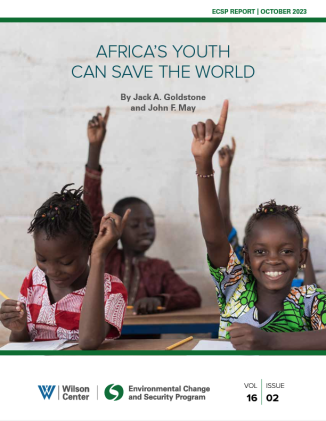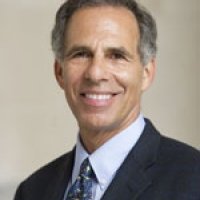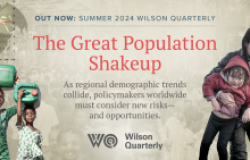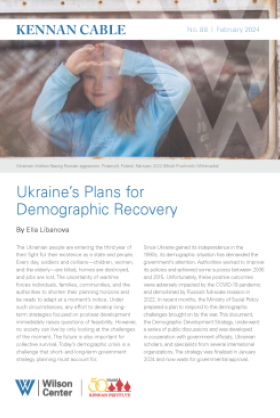Africa's Youth Can Save the World


In February and March of 2023, US Treasury Secretary Janet Yellen visited Senegal, South Africa, and Zambia, First Lady Jill Biden arrived in Namibia and Kenya, Secretary of State Antony Blinken visited Ethiopia and Niger, and Vice President Kamala Harris traveled to Ghana, Tanzania, and Zambia. In January and February, Russian Foreign Secretary Sergei Lavrov met with officials in South Africa, Mauritania, Mali, and Sudan. These visits were intended to challenge the dominant role in Africa that has been taken by China. In January 2023 alone, Chinese Foreign Minister, Qin Gang, visited five African nations (Ethiopia, Gabon, Angola, Benin, and Egypt), as well as the Headquarters of the African Union in Addis Ababa.
The world’s great powers are again seeking influence in Africa, just as they did in the 19th century. The earlier era saw these nations arrive to gain control of territory and extract resources. Today’s great powers come to donate and invest, build markets and infrastructure, and seek partnerships with sovereign states.
To be sure, great powers also still seek access to resources—oil and gas, copper and gold, diamonds and platinum, cobalt and cocoa. But the export of raw materials will soon become secondary to Africa’s real resource in the 21st century: the human capital of its youthful population. And African leaders already are seeking to guide the continent’s leap forward into a clean energy economy.
If Africa’s leaders succeed in realizing the potential of their youthful populations as they pioneer clean energy growth, they will not only improve the lives of Africans. They will also deliver huge benefits to the entire world.
About the Authors

Environmental Change and Security Program
The Environmental Change and Security Program (ECSP) explores the connections between environmental change, health, and population dynamics and their links to conflict, human insecurity, and foreign policy. Read more











